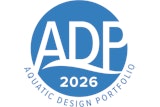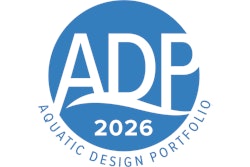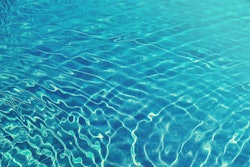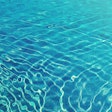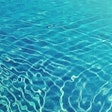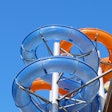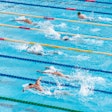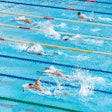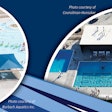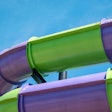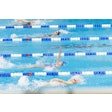A couple of weeks ago I attended the Olympic trials for swimming in Omaha, Neb., where I had the opportunity to see how pool and facility design contributes to the success of the sport’s most elite athletes. While the delay caused by COVID was heartbreaking for many, it also allowed for another year of training – which many say made this year’s trials more competitive than ever. As records were broken and athletes saw their Olympic dreams come true, I considered how LPA’s team of architects, designers and engineers could learn from the competition.
Here are a few takeaways:
- Modular Philosophy: At the Olympic trials and games, modular pool systems are often installed in arenas, and then de-assembled and either shipped back, donated or repurposed for community use after the competition. This ensures that Olympic pool facilities don’t sit empty after the events. In general, it is a more flexible and sustainable approach to recreation center design. At the trials, we were able to tour the temporary pool, which was an extremely unique opportunity to better understand how the pre-fabrication works.
LPA often uses stainless steel pools, using a modular system that is manufactured offsite and shipped to project sites for installation. We are using the same type of Myrtha pool used for the Olympics for the West Hollywood Aquatics and Recreation Center project, where two outdoor pools with 3.5 million pounds of water are positioned above an indoor gymnasium. Structural columns to support the roof were impractical, making the lighter, easier to install pools an important option in making the building work.
- Design for Competition: People think about swimming as an individual sport, but when you’re building a team for Olympic competition, it truly is about bringing together the right group of athletes. With races sometimes often decided by one hundredth of a second, every aspect of the design should be optimized for the highest level of competition.
Design priorities for competition vs. recreation aquatic facilities vary greatly. For competition pools, designers must consider factors such as the optimal surface area of water for competition and the appropriate space between competitors. To some degree, the deeper the pool, the faster swimmers can compete because you’re getting less rebound from the water with every stroke. Takeoff board height as well as headwall and lane line configurations must be precisely engineered. It’s not uncommon for Olympic swimmers to work for an aquatic consulting firm or pool manufacturer after moving on from competition, as they bring extensive knowledge about what’s needed to create the perfect environment for competition.
- Spectator Sports: In sport and recreation centers, one often overlooked – but critical – component is the spectator perspective. At the Olympic trials, the relationship between the warm-up pools, ancillary facilities and hotel infrastructure were all carefully considered to create a seamless visitor experience.
For venues that host larger, more sophisticated competitions, the spectator experience must also improve. From entering the building to walking to sit in the stands, venue configuration and sight lines are critically important in ensuring a good guest experience. And it goes beyond competition spaces. For recreational aquatic centers, sight lines are especially important for the safety and enjoyment of guests. Parents need to be able to easily watch their children, and swimmers should have a comfortable place to rest and relax when they’re not in the water.
On many levels, the trials were a fascinating and exciting experience. With half a nail length often determining who goes home and who goes on to pursue Olympic gold, competitive aquatic facilities must be extremely precise. Modular systems, well-engineered designs and arenas created with the spectator in mind can optimize aquatic centers for competition, making events a better experience for athletes and fans.
Arash Izadi is director of Sport _ Recreation at LPA













